The Role of Religion in Ancient Greece
Religion held a paramount position in ancient Greek society, shaping every aspect of life from politics to daily routines. The belief system of the Greeks revolved around a pantheon of gods and goddesses, each with their own domains and personalities. These deities were not distant figures but were actively involved in the lives of humans, influencing events and offering guidance.
The ancient Greeks practiced a polytheistic religion, meaning they worshipped multiple gods and goddesses. The Olympian gods, such as Zeus, Athena, and Apollo, were central to their religious beliefs and were revered through various rituals and ceremonies. Temples dedicated to these deities served as focal points for worship and community gatherings.
One of the most significant aspects of Greek religious life was the performance of rituals and festivals. These events were not only religious but also social occasions, bringing communities together to honor the gods, seek blessings, and celebrate shared traditions. Festivals like the Panathenaea and Dionysia were elaborate affairs with processions, sacrifices, and performances.
Oracles played a crucial role in ancient Greek religion, acting as intermediaries between humans and the divine. The Oracle of Delphi, located at the sanctuary of Apollo, was renowned for its prophecies and counsel. People from all over Greece sought guidance from the oracle on matters of war, politics, and personal decisions.
The architecture of temples and sacred sites in ancient Greece reflected the importance of religion in society. These structures were designed to honor specific deities and facilitate worship through ceremonies and offerings. Sacred sites like the Acropolis in Athens and the Temple of Artemis at Ephesus were revered as places of divine presence.
Priests and priestesses played vital roles in religious practices, conducting ceremonies, interpreting omens, and offering prayers on behalf of the community. They were seen as mediators between humans and the gods, entrusted with maintaining the sacred rituals and traditions that connected the mortal realm with the divine.
Offerings and sacrifices were common ways for the ancient Greeks to show reverence to the gods and seek their favor. Animals, crops, and other goods were presented as gifts, symbolizing gratitude and devotion. Sacrifices were believed to ensure prosperity, protection, and harmony within the community.
The mythology and religious texts of ancient Greece were rich sources of storytelling and moral lessons. Epic poems like the Iliad and the Odyssey, attributed to Homer, depicted the adventures of heroes and the interventions of gods in human affairs. Hymns and prayers were recited to honor the deities and invoke their blessings.
The legacy of ancient Greek religion endures in modern Western culture, influencing art, literature, and philosophy. Concepts of justice, beauty, and the human condition were shaped by the beliefs and values of the Greeks. The enduring appeal of Greek mythology and the symbolism of its gods continue to inspire creativity and contemplation in contemporary society.

Belief in Gods and Goddesses
Exploring the significance of religious beliefs and practices in the ancient Greek society, including the influence of gods and goddesses, rituals, temples, and the role of priests and priestesses.
When delving into the world of ancient Greek religion, one cannot ignore the profound belief in a pantheon of gods and goddesses that shaped every aspect of life. From Zeus, the mighty ruler of the gods, to Athena, the goddess of wisdom and warfare, each deity held a specific role in the intricate tapestry of mythology and worship.
The Greeks not only revered these divine beings but also sought their favor through elaborate rituals and offerings. The gods were believed to influence natural phenomena, human affairs, and the outcomes of wars and journeys, making it essential for the people to maintain a harmonious relationship with them.
Temples dedicated to these deities served as sacred spaces where individuals could offer prayers, sacrifices, and gifts in exchange for blessings and protection. The belief in gods and goddesses provided a framework for understanding the world and navigating the complexities of life in ancient Greece.
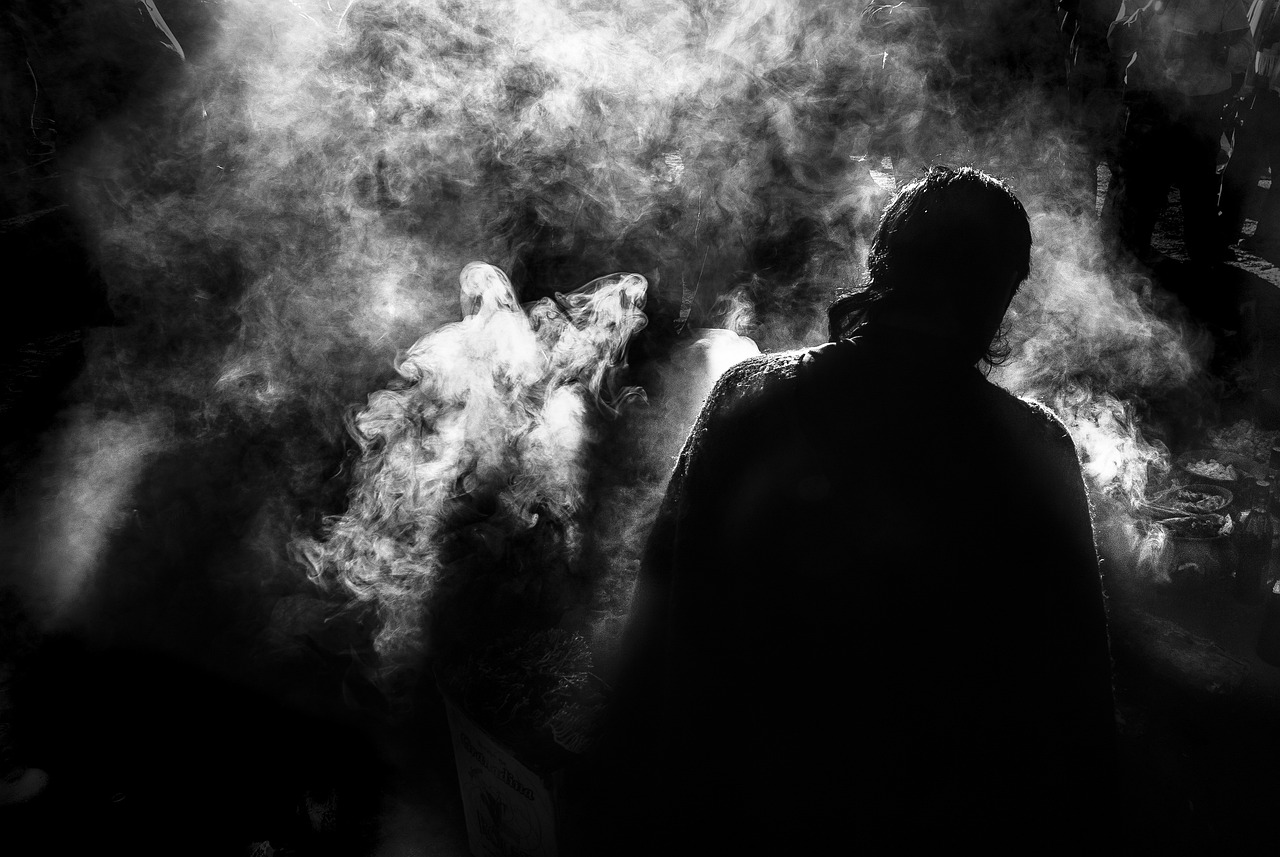
Rituals and Festivals
Rituals and festivals held a central place in the religious life of ancient Greece, serving as vital expressions of devotion, community cohesion, and cultural identity. These sacred ceremonies were not merely events but rather profound experiences that connected the people with the divine realm and each other. The Greeks believed that participating in rituals and festivals honored the gods and ensured their favor, protection, and blessings upon the community.
One of the most significant rituals in ancient Greece was the Panathenaic Festival, a grand celebration held in honor of the goddess Athena, the patron deity of Athens. This festival included elaborate processions, athletic contests, musical performances, and sacrifices, attracting participants from all over the Greek world. It was a time of unity and festivity, reinforcing the city-state's pride and religious devotion.
Moreover, the Eleusinian Mysteries stood out as secretive and mystical rites held annually in Eleusis, dedicated to the goddess Demeter and her daughter Persephone. These initiation ceremonies promised initiates spiritual enlightenment, a deeper understanding of the cycle of life and death, and the hope of a blessed afterlife. The profound experiences within the Mysteries were closely guarded secrets, only revealed to those who underwent the sacred rituals.
Throughout the year, various festivals marked the Greek religious calendar, each dedicated to different gods and goddesses, such as the Dionysia honoring Dionysus, the god of wine and ecstasy, and the Thesmophoria celebrating Demeter's role as a fertility goddess. These festivals brought communities together in joyous celebration, feasting, and worship, fostering social bonds and a sense of shared cultural heritage.
Furthermore, rituals like animal sacrifices, libations, and prayers were integral parts of Greek religious practices, symbolizing offerings to the gods in exchange for their divine favor and protection. The act of sacrifice was seen as a sacred duty, a way to establish a reciprocal relationship with the deities and ensure harmony between the mortal and immortal realms. These rituals were performed with meticulous precision and reverence, guided by the expertise of priests and priestesses who acted as intermediaries between humanity and the divine.
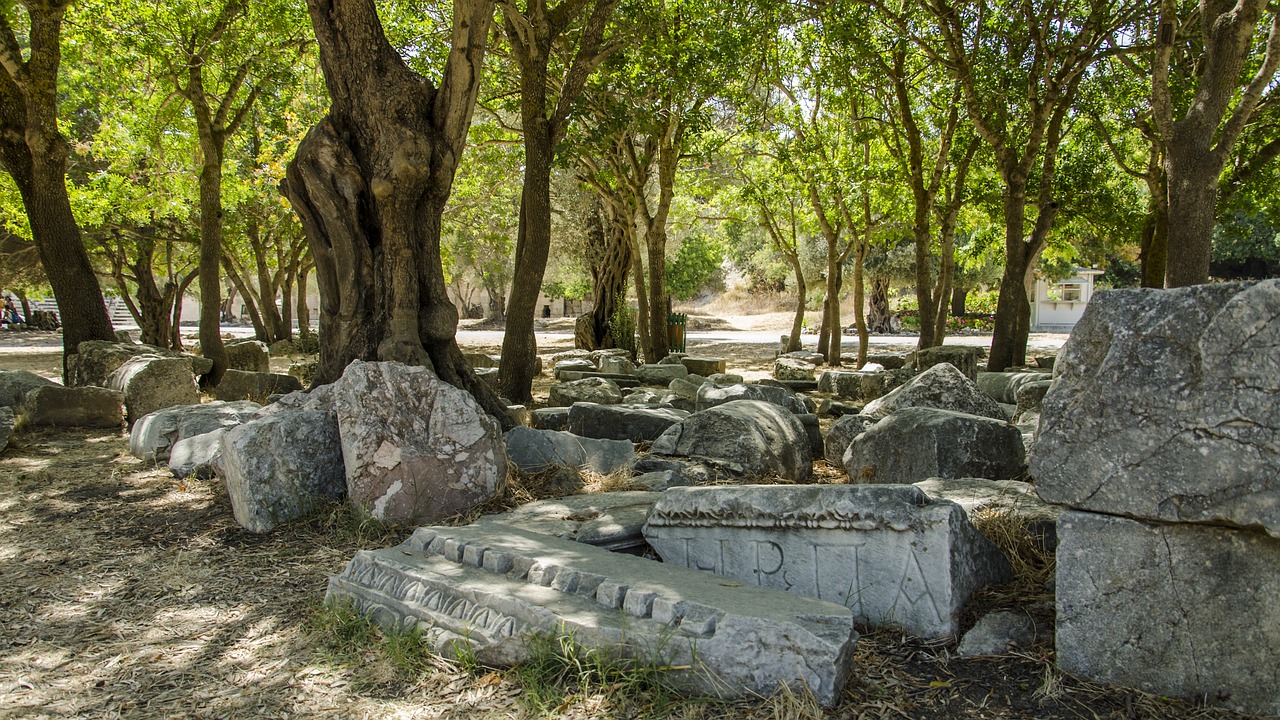
Oracles and Divination
Exploring the significance of religious beliefs and practices in the ancient Greek society, including the influence of gods and goddesses, rituals, temples, and the role of priests and priestesses.
Oracles played a crucial role in ancient Greek society, acting as mediums through which individuals and city-states sought divine guidance and predictions. Among the most famous oracles was the Oracle of Delphi, located at the sanctuary of Apollo. People from far and wide would journey to the Oracle seeking answers to pressing questions about their future, wars, or important decisions. The Oracle, often a priestess known as the Pythia, would enter a trance-like state and utter cryptic prophecies believed to be inspired by the god Apollo. These prophecies held immense weight and influence over the course of events in ancient Greece, shaping the decisions of rulers and individuals alike.
Divination, the practice of seeking knowledge of the future or the unknown through supernatural means, was not limited to oracles. Various methods such as reading the entrails of sacrificed animals, interpreting the flight patterns of birds, or studying celestial omens were employed by priests and individuals to gain insights into the will of the gods. Divination was woven into the fabric of everyday life, influencing decisions ranging from personal matters to matters of state.
While the accuracy and reliability of oracles and divination methods can be debated, their impact on ancient Greek society cannot be understated. They provided a sense of connection to the divine realm, offering comfort, guidance, and a glimpse into the unknown, shaping the beliefs and actions of the people in profound ways.
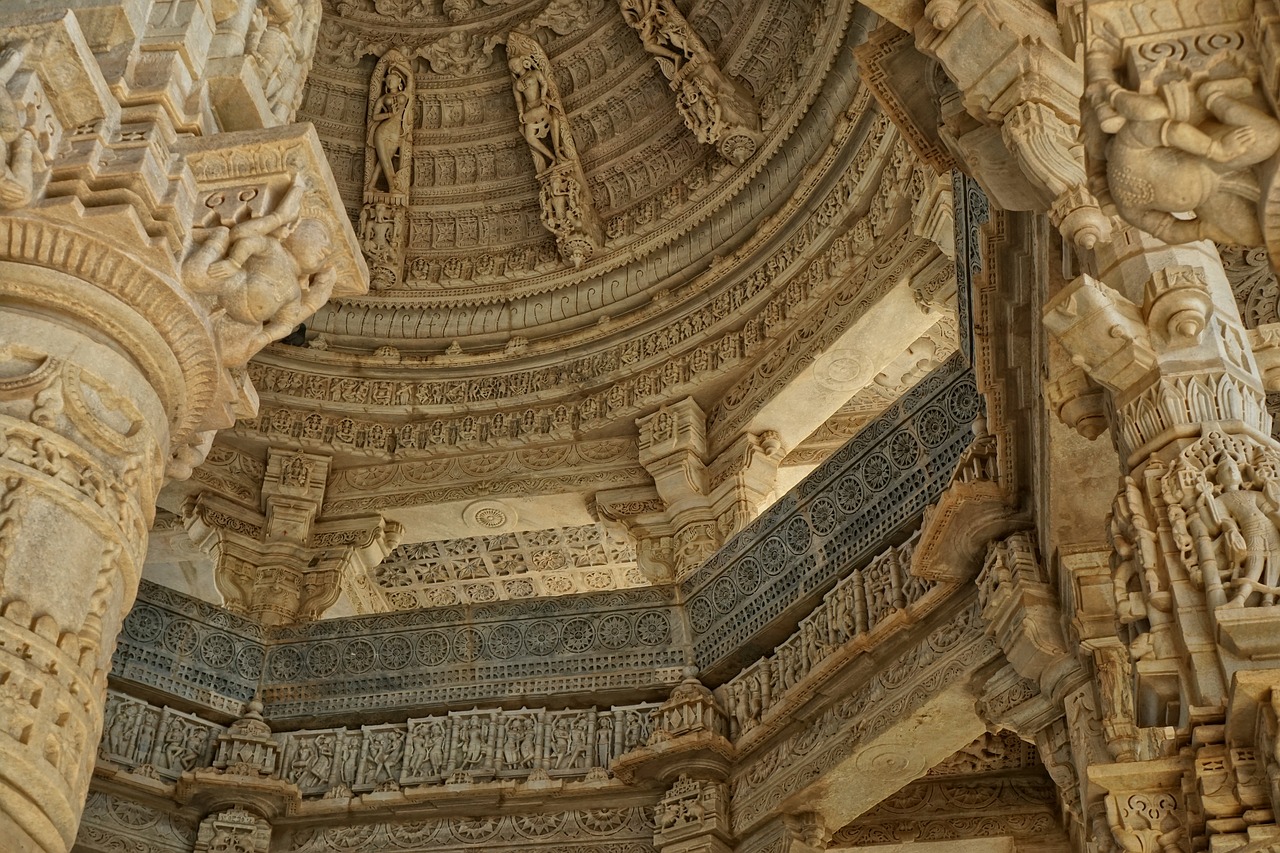
Temples and Sacred Sites
Temples and sacred sites held immense importance in ancient Greek society, serving as physical manifestations of the divine presence and focal points for religious activities. These structures were not merely buildings but were believed to be the homes of the gods, where mortals could connect with the divine. The architectural design of temples was carefully planned to reflect the grandeur and power of the deities they were dedicated to, with intricate sculptures and decorations adorning their facades.
One of the most famous examples of a sacred site in ancient Greece is the Temple of Zeus at Olympia, known for housing the renowned statue of Zeus, one of the Seven Wonders of the Ancient World. This temple was a testament to the Greeks' reverence for their gods, as well as their skill in craftsmanship and artistry. Similarly, the Parthenon in Athens, dedicated to the goddess Athena, stands as a symbol of the city's cultural and religious heritage.
Visiting these temples was not just a religious experience but also a social and communal one. Festivals and ceremonies held at these sacred sites brought together people from different city-states, fostering a sense of unity and shared identity among the Greeks. The rituals performed at these locations were believed to ensure the favor and protection of the gods, as well as the prosperity and well-being of the community.
Moreover, sacred sites were not limited to temples alone but also included natural landmarks such as caves, springs, and groves that were believed to be inhabited by nymphs, spirits, or other divine beings. These places were considered sacred and were often associated with specific gods or myths, attracting pilgrims seeking blessings, healing, or guidance.
The significance of temples and sacred sites in ancient Greece extended beyond religious practices to influence art, architecture, and even politics. The construction and maintenance of these structures required significant resources and manpower, leading to the development of specialized crafts and professions dedicated to religious service. The legacy of these sacred sites continues to endure, serving as a reminder of the profound impact of religion on the ancient Greek civilization.
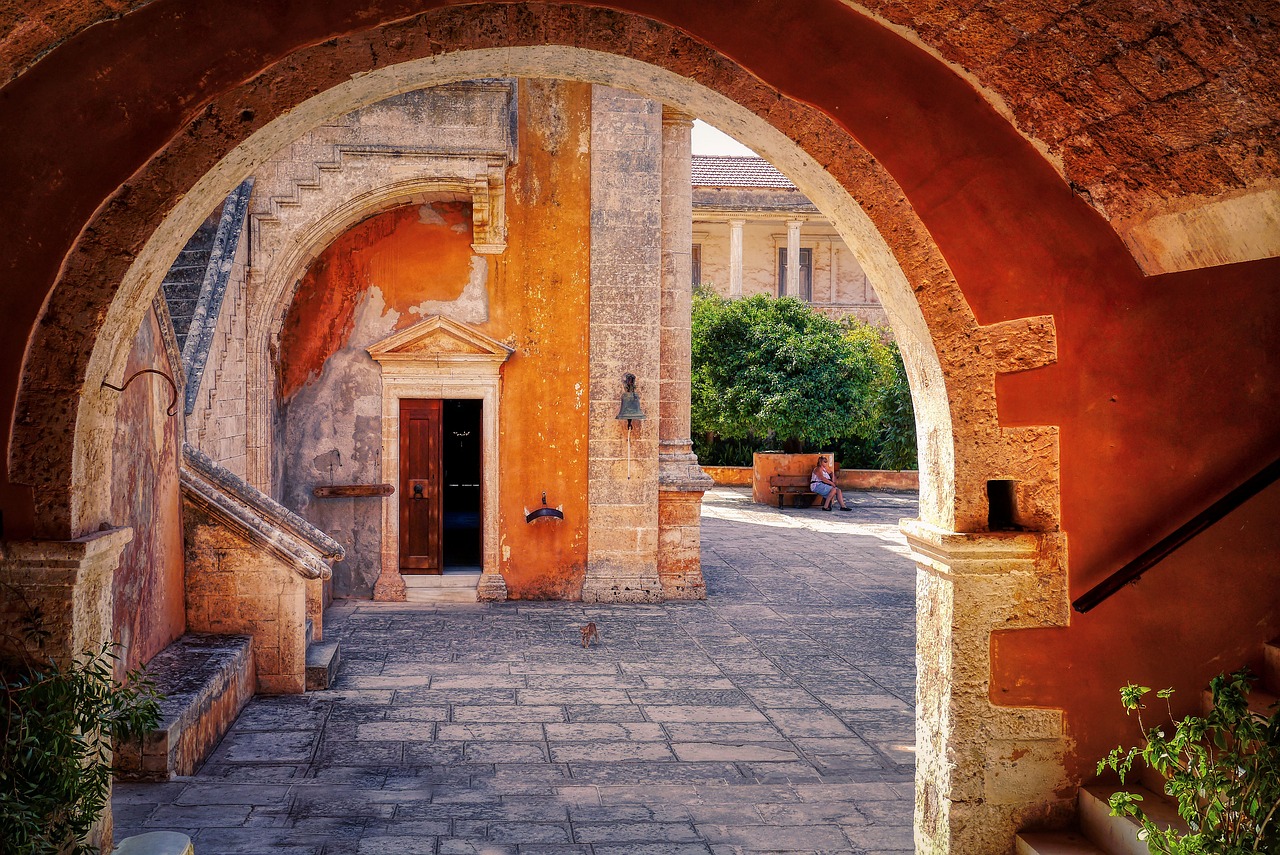
Priests and Priestesses
In ancient Greece, priests and priestesses played a crucial role in the religious practices of the society. These individuals were considered intermediaries between the mortal world and the divine realm, facilitating communication and rituals to honor the gods and goddesses. Priests and priestesses were highly respected and held significant social status, often belonging to prominent families or chosen for their dedication and knowledge of religious traditions.
One of the primary responsibilities of priests and priestesses was to oversee religious ceremonies and rituals conducted in temples and sacred sites dedicated to specific deities. These ceremonies were essential for maintaining a harmonious relationship with the gods and seeking their favor and protection. Priests led prayers, performed sacrifices, and interpreted signs and omens believed to be messages from the divine.
Moreover, priestesses, in particular, played key roles in conducting rituals honoring goddesses and overseeing sacred ceremonies related to fertility, childbirth, and marriage. They were revered for their connection to the feminine aspects of divinity and often served as oracles, offering insights and guidance to those seeking answers or advice from the gods.
Additionally, priests and priestesses were responsible for administering temples and managing the offerings brought by worshippers. These offerings, which could range from food and wine to valuable objects, were presented as gifts to the gods as expressions of gratitude, devotion, or requests for blessings. The priests ensured that the rituals were conducted correctly and that the sacred spaces remained pure and sanctified.
Furthermore, priests and priestesses were involved in educating the community about religious beliefs and practices, guiding individuals in matters of spirituality, morality, and ethics. They served as spiritual advisors and counselors, offering support and guidance in times of personal or societal crisis. Their wisdom and knowledge of religious texts and traditions were highly valued by the ancient Greeks.
Overall, priests and priestesses held a revered position in ancient Greek society, embodying the connection between humanity and the divine. Their roles were not only ceremonial but also practical, as they provided spiritual leadership, maintained the sacred traditions, and ensured the continuity of religious practices that shaped the cultural identity of the civilization.
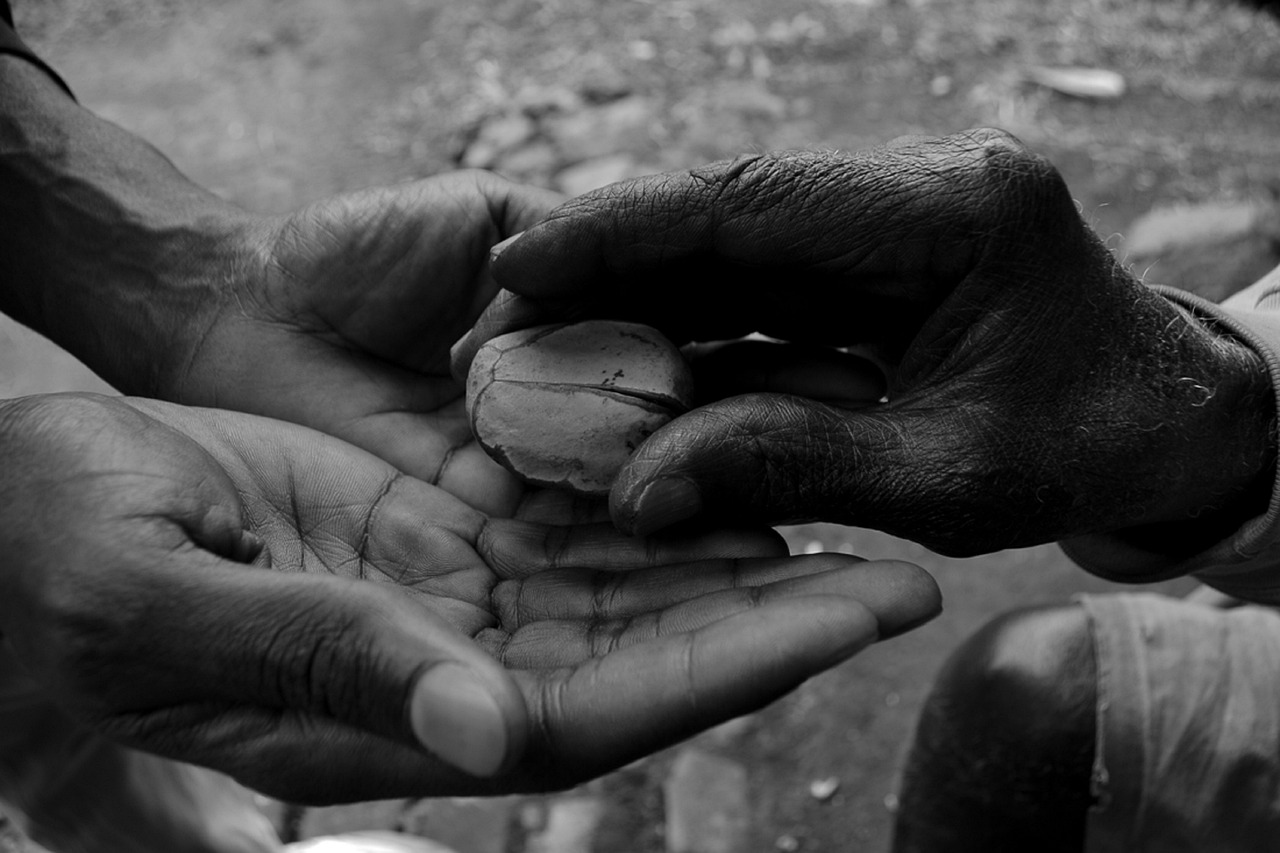
Offerings and Sacrifices
Offerings and sacrifices played a crucial role in ancient Greek religious practices, serving as a means for individuals to communicate with the gods and seek their favor. The act of making offerings, whether it be food, wine, or valuable items, was a way for worshippers to show reverence and gratitude to the deities. Sacrifices, on the other hand, involved the ritual killing of animals, typically livestock like sheep, goats, or pigs, as a symbolic offering to the gods. These rituals were believed to ensure blessings, protection, and prosperity from the divine beings.
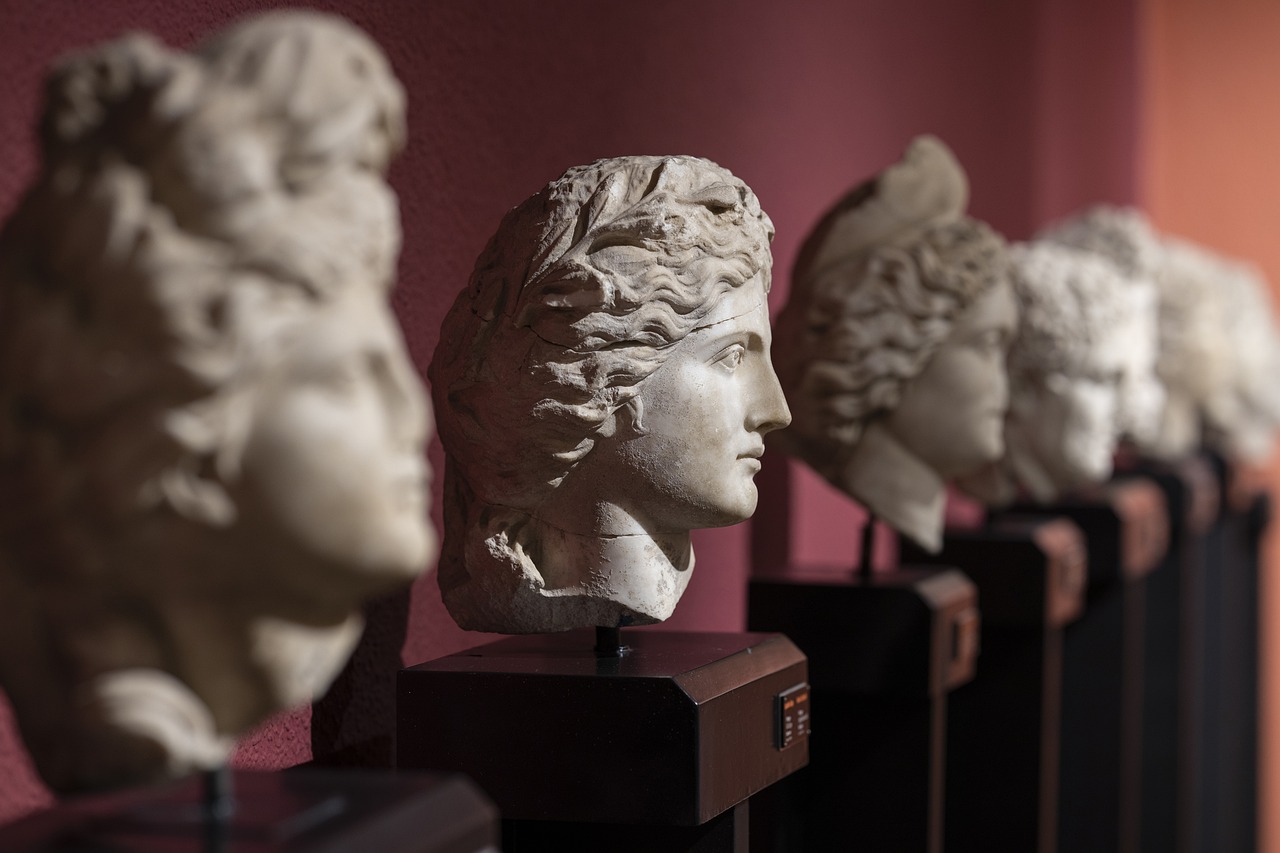
Mythology and Religious Texts
Mythology and religious texts played a crucial role in shaping the beliefs and practices of the ancient Greeks. These narratives, often filled with tales of gods, heroes, and epic battles, served as a foundation for the cultural and spiritual identity of the society. The most famous examples of Greek mythology come from the works of renowned poets like Homer and Hesiod. Homer's Iliad and Odyssey are epic poems that not only entertain but also provide valuable insights into the values and beliefs of the ancient Greeks.
Moreover, hymns dedicated to various deities were recited during religious ceremonies and rituals, emphasizing the reverence and devotion the Greeks had for their gods. These hymns not only celebrated the divine qualities of the gods but also acted as a way to communicate with them, seeking their favor and blessings. The stories and teachings found in these religious texts were passed down through generations, shaping the moral compass and worldview of the Greek people.
Additionally, the myths and legends depicted in these texts often served as allegories, conveying deeper truths about human nature, morality, and the nature of the universe. Through these stories, the ancient Greeks sought to understand the mysteries of life and death, the origins of the world, and the complexities of the human experience. The rich tapestry of Greek mythology continues to captivate audiences worldwide, inspiring countless works of art, literature, and popular culture.
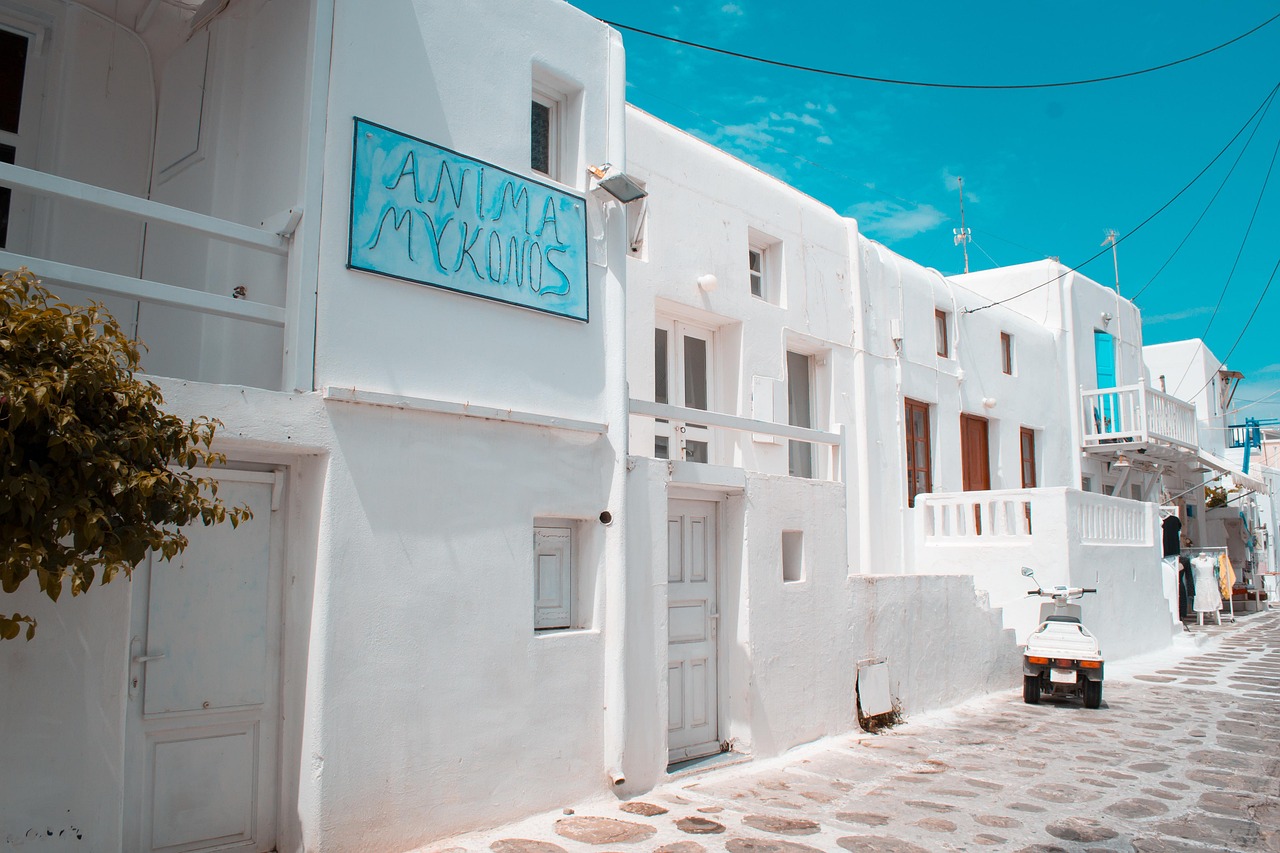
Legacy and Influence
Exploring the significance of religious beliefs and practices in the ancient Greek society, including the influence of gods and goddesses, rituals, temples, and the role of priests and priestesses.
As we delve into the legacy and influence of ancient Greek religion, it becomes evident that the beliefs and practices of the past continue to resonate in modern Western culture. The profound impact of Greek mythology, art, literature, and philosophy can still be felt today, shaping our understanding of the world and our place within it.
A key aspect of this legacy is the enduring presence of Greek mythology in contemporary storytelling. The epic tales of gods and heroes, such as Zeus, Athena, and Hercules, have inspired countless works of literature, film, and art. These stories serve as timeless reminders of human nature, morality, and the eternal struggle between good and evil.
Furthermore, the architectural achievements of ancient Greek temples and sacred sites have influenced the design of modern buildings and structures. The classical orders of architecture, including Doric, Ionic, and Corinthian styles, continue to be emulated in architectural masterpieces around the world, symbolizing beauty, harmony, and proportion.
Moreover, the philosophical insights of ancient Greek thinkers, such as Socrates, Plato, and Aristotle, have laid the foundation for Western philosophy and intellectual inquiry. Their teachings on ethics, politics, and metaphysics have shaped the way we approach moral dilemmas, governance, and the pursuit of knowledge.
In the realm of art, the depiction of Greek gods and goddesses in sculpture and painting has inspired generations of artists to explore themes of divinity, beauty, and myth. The timeless beauty of figures like Aphrodite and Apollo continues to captivate audiences and evoke a sense of wonder and awe.
Overall, the legacy of ancient Greek religion is a testament to the enduring power of human imagination, creativity, and spirituality. By examining the beliefs and practices of the past, we gain valuable insights into our own cultural heritage and the universal quest for meaning and transcendence.
Frequently Asked Questions
- What were the major gods and goddesses worshipped in ancient Greece?
Ancient Greeks believed in a pantheon of gods and goddesses, with deities like Zeus, Athena, Apollo, and Aphrodite holding significant roles in their mythology and religious practices.
- How did ancient Greeks communicate with the gods?
Ancient Greeks communicated with the gods through prayers, rituals, and offerings. They also sought guidance from oracles, such as the Oracle of Delphi, for insights and predictions.
- What were the purposes of the religious festivals and rituals in ancient Greece?
Religious festivals and rituals in ancient Greece served various purposes, including honoring the gods, fostering community unity, and seeking divine blessings for the prosperity and well-being of the people.
- Who were the priests and priestesses in ancient Greek society?
Priests and priestesses in ancient Greece were individuals who acted as intermediaries between humans and the divine, performing sacred rites, interpreting omens, and maintaining the sanctity of religious practices.
- What role did mythology play in ancient Greek religion?
Mythology played a central role in shaping the religious beliefs and practices of ancient Greeks, providing narratives of the gods' actions, interactions with mortals, and explanations for natural phenomena.



















